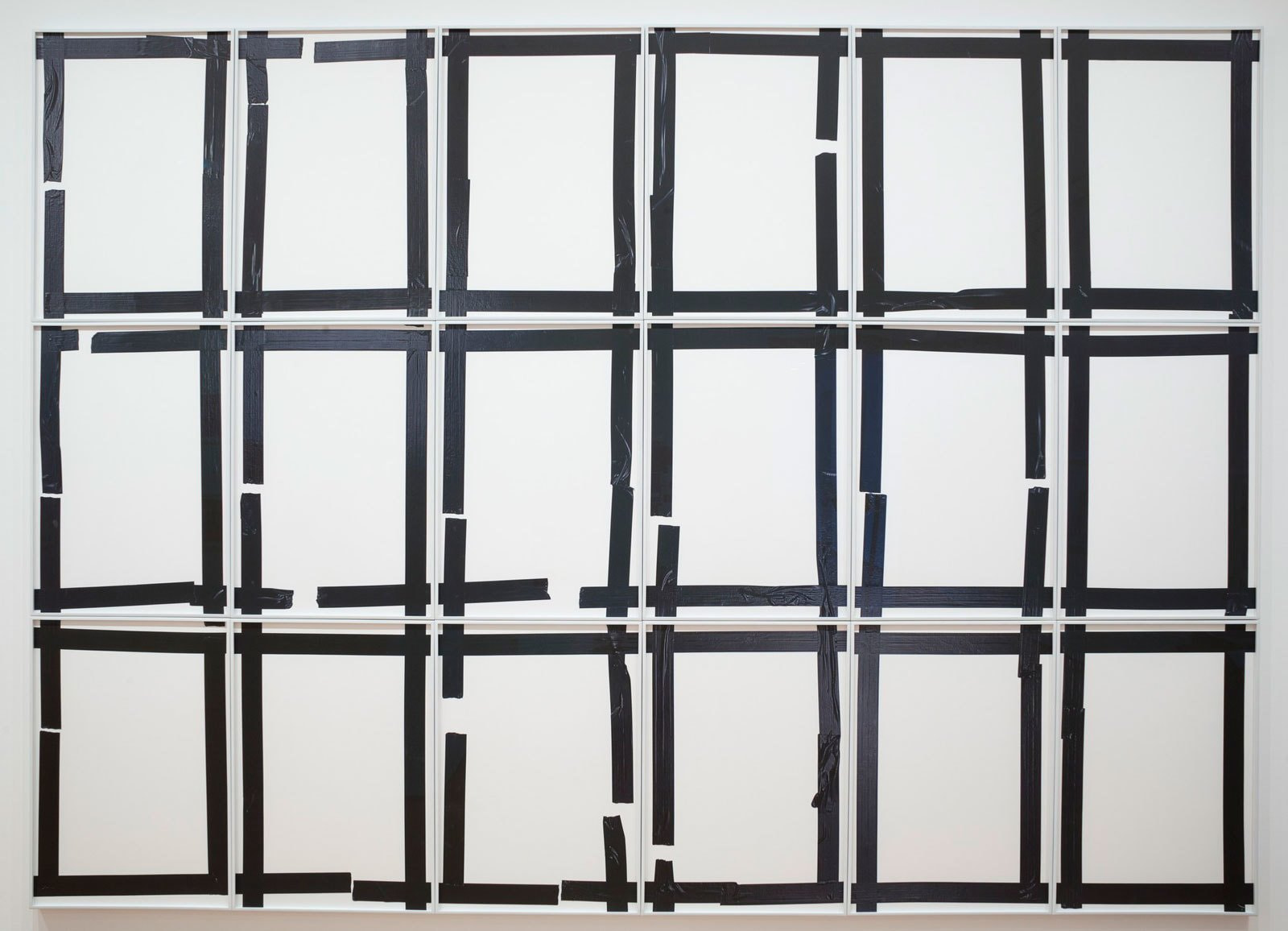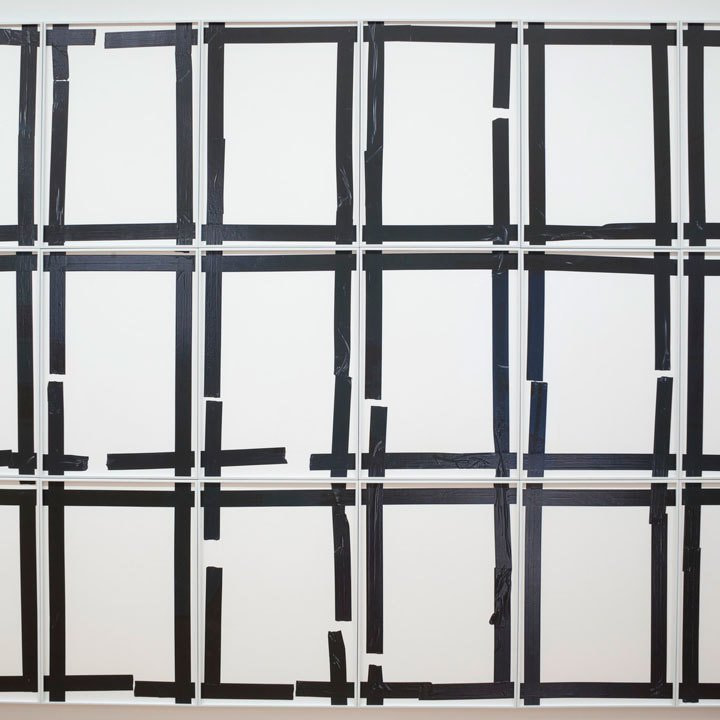Attila Melegh will discuss the linear time criticism in the texts of economist, historian, and philosopher Karl Polanyi.
Karl Polanyi was a key thinker in contemplating disruptions in historical change and saw capitalism as not evolving organically rather as being enforced upon by the state, which is a key idea not only for the seventeenth and eighteenth centuries, but could also be seen happening in Eastern Europe in the early 1990s and also partially now in Far Eastern or African countries with a state-socialist background. This rupture of time is one the key visions he maintained, and why we need to remember his works. Nonetheless he has also identified double movement as being a simultaneous change of counterbalancing or conflicting (the socially continuously unsuccessful) capitalist society with its “dis-embedded” economy creating fictitious commodities out of land, labor, and money. Polanyi was also an important critic of the modernization-type understanding of global social change, namely that there are different, hierarchically set “times” of development characterizing different societies or one society internally at the same time. This modernization-type understanding of unequal development occurred not only with people like Rostow or early Huntington, but also Trotsky when he spoke about “combined” development. As opposed to this thinking Polanyi has put forward some universal modes how economy can be integrated into society and he argued that these types (household, reciprocity, redistribution, and market) have characterized all societies simultaneously and it was just a question of the proportions that linked them. They have always simultaneously coexisted and it made no sense to him not to think about human society as a “mixed” society in terms of modes of integration. This has not meant, of course, that there have not been ruptures as pointed out above, but according to him that there is a need to balance them and not to allow one, especially a market with complete freedom of setting prices, to prevail or dominate. Thus, in Polanyi we can celebrate a thinker (who instead of hierarchically, thus repressively, setting “times” and therefore looking for some kind of a perfect society) was theorizing on ways that various institutional frameworks could be counterbalanced by others. Surely this is one of the biggest challenges today when neoliberal regimes have “marketized” society massively all around the world.

